Music stars, including Jess Glynne, advocate for a new law to prohibit AI deepfakes. The law aims to safeguard against “predatory” AI and provide more protection for artists.
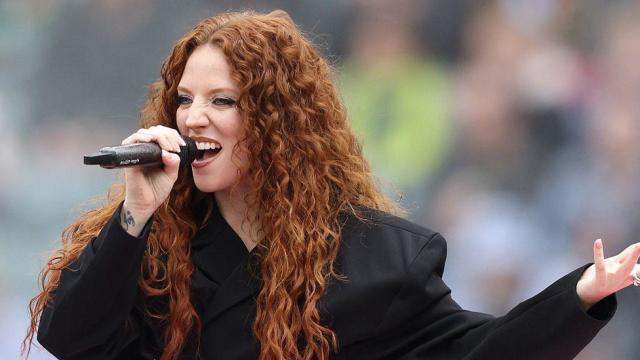
Stars like Jess Glynne signed a recent letter calling for more protection against “predatory” AI.
A British singer, dancer, and actress emphasized to a US Senate Judiciary subcommittee the importance of granting celebrities and artists control over how their voices, appearances, and personalities are utilized by artificial intelligence (AI).
She disclosed that she had developed her own deepfake version, trained to emulate her personality and speak in her exact tone across multiple languages. Stressing the significance of maintaining control, she stated that while such technologies are valuable tools, consent should be granted or refused by the individual.
Furthermore, she highlighted the benefits of her digital clone, capable of communicating in French, Korean, and Japanese, allowing her to provide deeper insights into her creative projects and allocate more time to meaningful artistic endeavors.
In her written testimony, she mentioned plans to deploy her “AI twigs” later in the year to manage online social media interactions while she focuses on her art.
She argued that without proper legislative control, artists’ careers and livelihoods are at risk, citing instances where her voice and other features were used without consent, leaving her feeling vulnerable and exposed.
Ultimately, she emphasized the importance of protecting artists’ creative integrity and ensuring that their voices and identities are not exploited for the gain of others without consent.
The use of AI to mimic the voices and appearances of famous singers and rappers is on the rise.
In early April, several British artists including Jess Glynne, Mumford and Sons, Sam Smith, and Zayn Malik, signed an international open letter advocating for more safeguards against “the predatory use of AI to steal artists’ voices and likenesses”.
Recently, a group of UK Members of Parliament released a report proposing the implementation of a law to prohibit AI-generated deepfakes in the UK, specifically to protect musicians and other celebrities.
The All-Party Parliamentary Group on Music recommended legislation that includes establishing a distinct personality right to shield creators and artists from unauthorized use and false endorsement.
Additionally, they emphasized the need for further measures to safeguard musicians from the potential threat of AI undermining their livelihoods.
Labour MP Kevin Brennan, chair of the cross-party group, highlighted the importance of addressing the risks AI advancements pose to the UK’s music industry while also recognizing its potential to drive innovation and creativity.
However, the government spokesperson emphasized the commitment to collaborating with artists and the creative sector to leverage AI technology for positive outcomes while ensuring trust and transparency.
They further noted ongoing efforts to address concerns, including criminalizing the creation of sexually explicit deepfake images in England and Wales.
Recently, MPs have been calling for a new law that would ban the use of AI deepfakes to create fake performances or recordings of music stars. This issue has sparked a heated debate, with some arguing that deepfakes can be a form of artistic expression while others are concerned about the potential for exploitation and manipulation.
As technology continues to advance, it’s becoming easier for dishonest actors to create convincing fake videos and audio recordings of our beloved artists. The implications of this are not just limited to the music industry but can have serious consequences on the personal and professional lives of the artists as well. Many artists rely on their public image and authenticity to connect with their fans, and the proliferation of AI deepfakes poses a significant threat to that. So, what do you think about this?
Should there be a ban on AI deepfakes of music stars, or should we embrace it as a new form of creativity? Let’s keep the discussion going and stay tuned for more updates on this pressing issue!
Read More: Taylor Swift college class for parents taking Swifties to Eras tour
Disclaimer:
This content is AI-generated using IFTTT AI Content Creator. While we strive for accuracy, it’s a tool for rapid updates. We’re committed to filtering information, not reproducing or endorsing misinformation. – Jomotoday for more information visit privacy policy

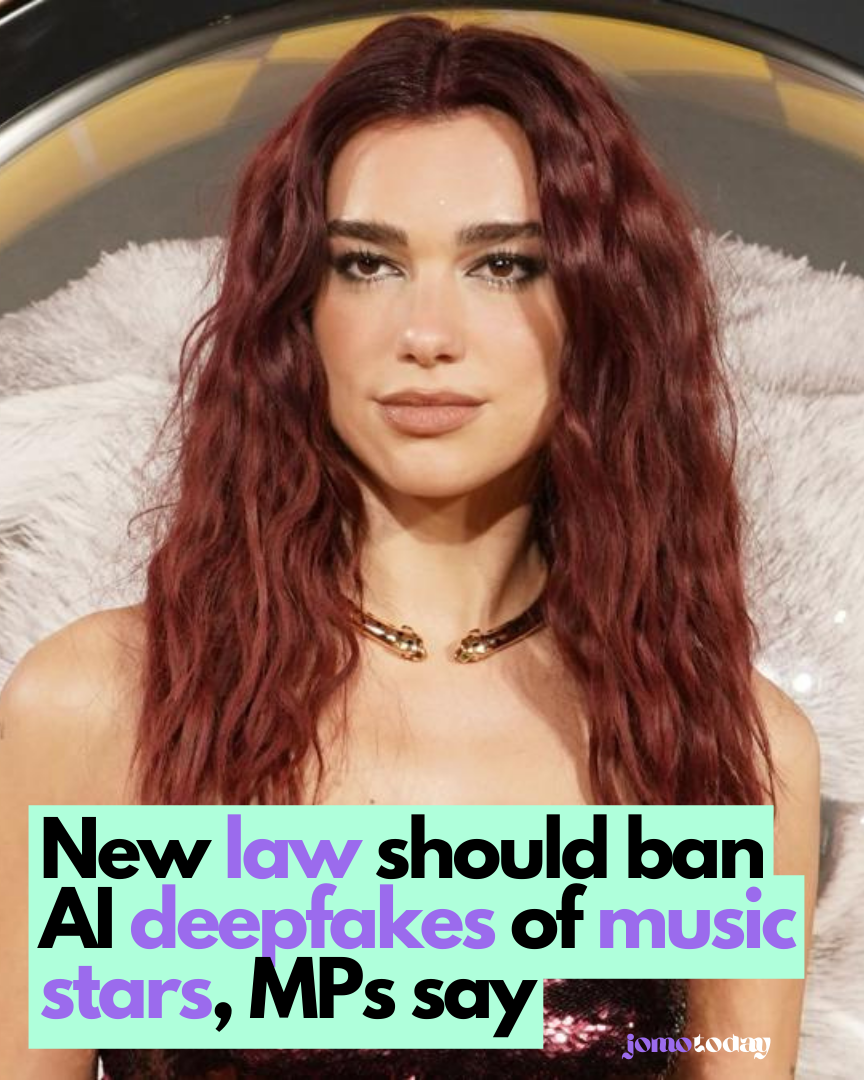
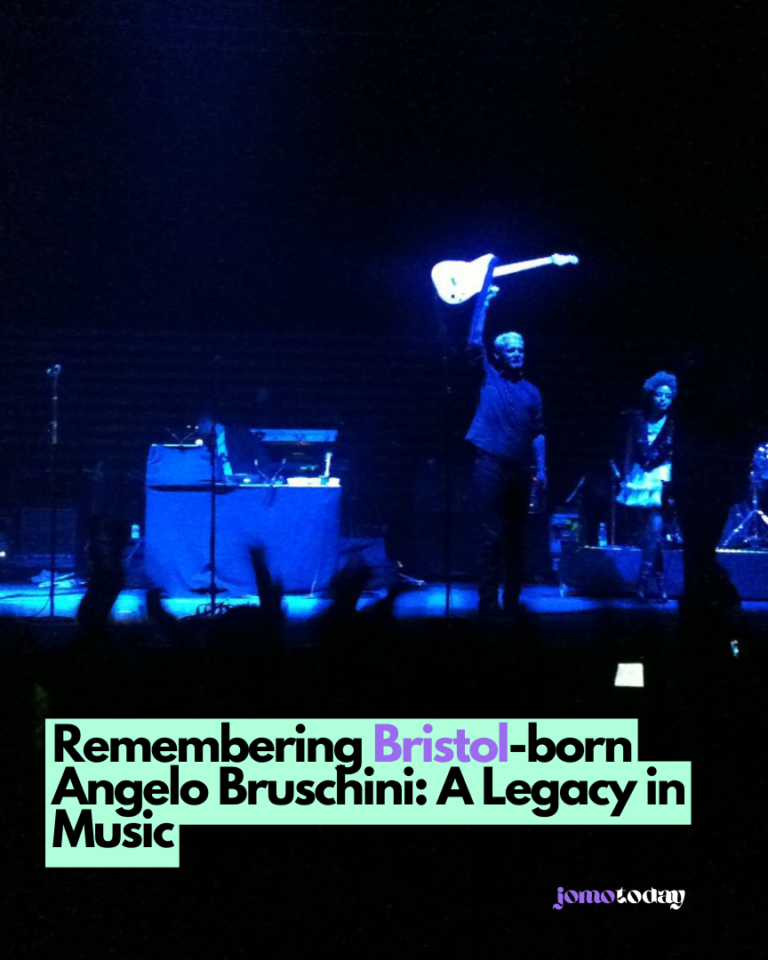
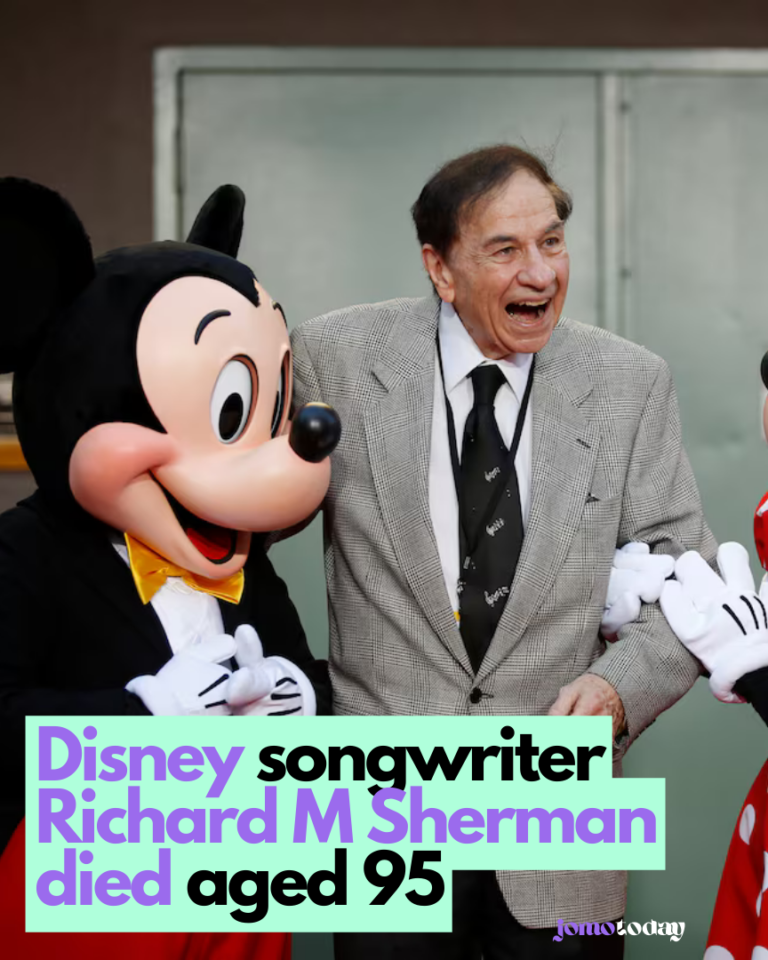

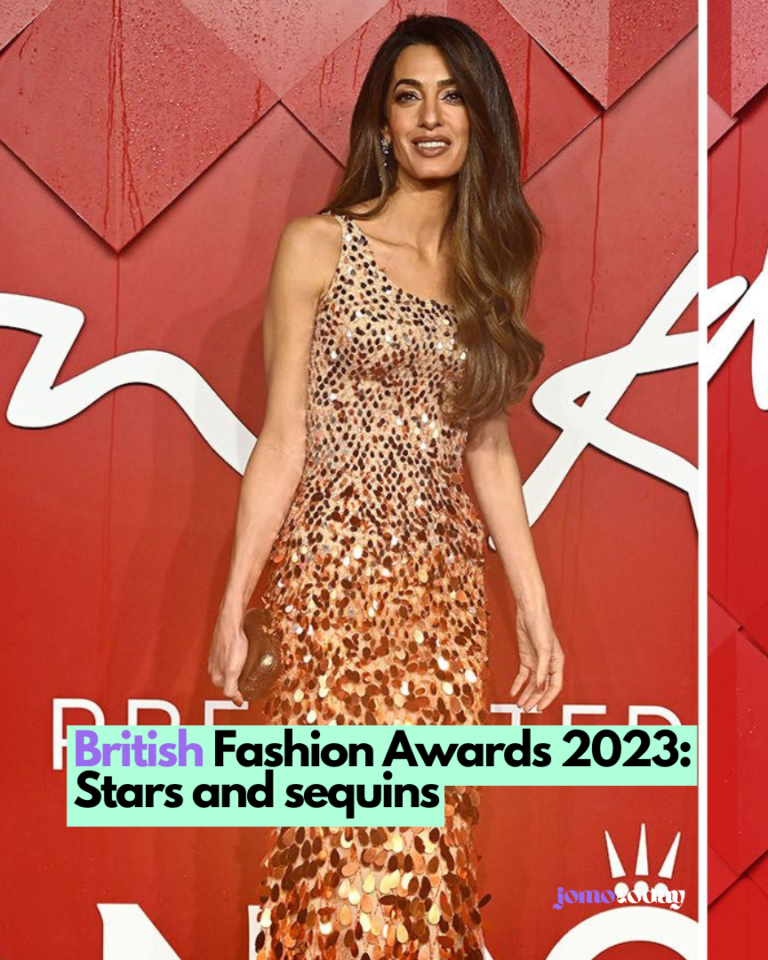
Leave a Comment